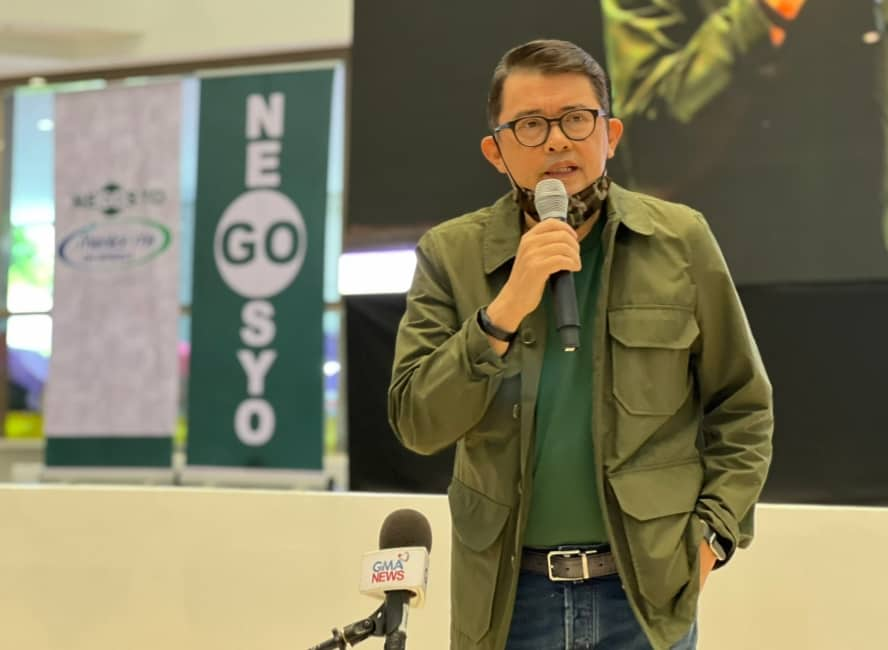Go Negosyo founder Joey Concepcion thanked four lawmakers, led by Rep. Ferdinand Alexander Marcos (Ilocos Norte, first district) for filing House Bill (HB) 1, or the proposed “Government Financial Institutions Unified Initiatives to Distressed Enterprises for Economic Recovery or Guide Act.” Concepcion said the bill lives up to President Ferdinand “Bongbong” Marcos Jr.’s pledge to support the Filipino entrepreneur.
The bill was authored by Marcos, along with Rep. Martin Romualdez (Leyte, first district), Rep. Yedda Marie Romualdez (Tingog), and Rep. Jude Acidre (Tingog). It mandates the government financial institutions Landbank of the Philippines (LBP) and the Development Bank of the Philippines (DBP) to expand their loan programs for micro, small and medium enterprises (MSMEs) affected by the Covid-19 pandemic.
“The President pledged his support for the MSMEs, and I am glad that the first act of his son in Congress is to support a bill that does exactly that,” said Concepcion. President Marcos and Concepcion met last June 15 to discuss pressing issues affecting the country’s MSMEs. Both agreed that MSMEs will be crucial in the country’s path to prosperity, as it comprises 99.5 percent of all business establishments in the Philippines, and generates 62.6 percent of jobs for Filipinos.
HB1 joins another recently filed bill that supports micro-entrepreneurs through livelihood programs. Sen. Loren Legarda’s Senate Bill No. 8, the Pangkabuhayan Bill, seeks to institutionalize the livelihood programs of different government agencies for MSMEs under one umbrella program in view of pandemic recovery. “All together, when we enable and empower our small entrepreneurs, our economic recovery will be realized much sooner,” said Concepcion.
“Our MSMEs need access to money, market and mentorship opportunities,” said Concepcion, outlining the three elements that underpin the programs of the non-profit Go Negosyo. He said that the ‘money’ element will be addressed by HB1, and will be especially crucial as the Russia-Ukraine crisis and rising inflation continue to exert pressure on the country’s entrepreneurs.
HB1 strengthens the capacity of the LBP and the DBP to provide assistance to MSMEs as it allocates Php7.5 billion to the LBP and Php2.5 billion to the DBP for lending to MSMEs. Under HB 1, the DBP will provide loans for Covid-affected MSMEs “engaged in infrastructure, service industry, and/or manufacturing business.” LBP will lend to Covid-hit MSMEs “in the agribusiness value chain.” The measure also allows both institutions to extend loans to local government units.












